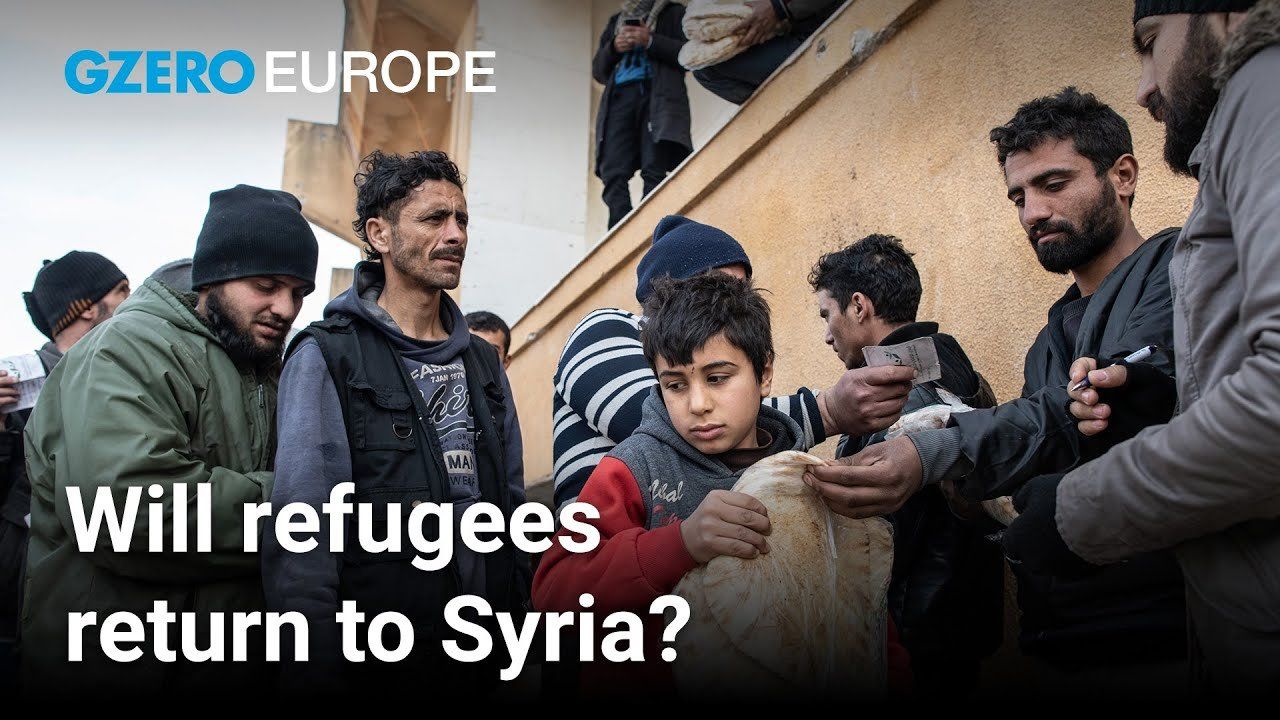
Carl Bildt, former prime minister of Sweden and co-chair of the European Council on Foreign Relations, shares his perspective on European politics from San Francisco, United States.
with all of the millions of Syrian refugees that you find in Europe, what's got to be the consequences for them of the fall of the Assad regime?
Well, the first thing that's happened is that European countries have imposed new asylum applications from Syria. That's fairly logical. But the bigger question is, of course, to which is that it will be possible for these people to return. Very many of them want to. There have been a huge number of people who've already returned, primarily from Turkey. But that's going to be dependent upon stability in the governance of Syria. That's still an open question for that. And secondly, economic reconstruction. That is both humanitarian aid and then lifting eventually the economic sanctions so that there is the possibility of bringing the country back again and people having the possibility to go back. Let's see, let's hope, and let's work on that.
What's the nature of the big agreement that is now being concluded with the European Union and the Mercosur countries of South America?
It's been negotiated for a very long time. It's a free trade agreement. It's a partnership agreement. It is going to be the biggest such in the world. It's two huge economies. Significant benefits in reducing trade and opening up for more of trade to the benefit of the European economy, to the benefit of the economies of the Latin American countries. There's still opposition to it in some European countries, notably France. That has to do with the French farmers fearing competition from more competitive Brazilian perhaps beef or whatever it is. That, has to be said, is something that is good for the European consumers. So slight battle ahead inside the European Union, but hopefully it will go through. And as I said, the biggest such deal that the world has seen so far.